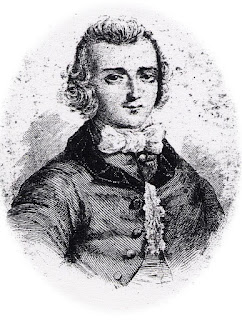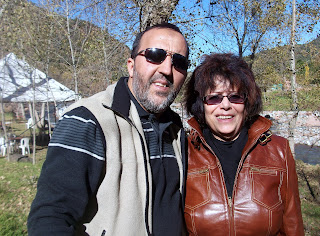10 Perfectly Horrid Writing Quotations

Public Domain 1. Your manuscript is both good and original; but the part that is good is not original and the part that is original is not good. - Samuel Johnson. 2. I have the conviction that excessive literary production is a social offense. - George Eliot 3. An author is a fool who not content with boring his contemporaries, insists of boring future generations. - Baron De La Brede Et De Montesquieu. 4. And when her biographer says of an Italian woman poet: "during some years her Muse was intermitted," we do not wonder at the fact when he casually mentions her ten children. - Anna Garlin Spencer 5. Until he starts to sell, a writer is a bum to his family, a lazy lout to his friends, and a self-deluding parasite to his neighbours. When he becomes known, he is "one helluva neighbour" to his neighbours, a genius to his friends and a favourite cousin to his family. But none of them buy his books. - Clifford Welles. 6. With sixty staring me in the f








